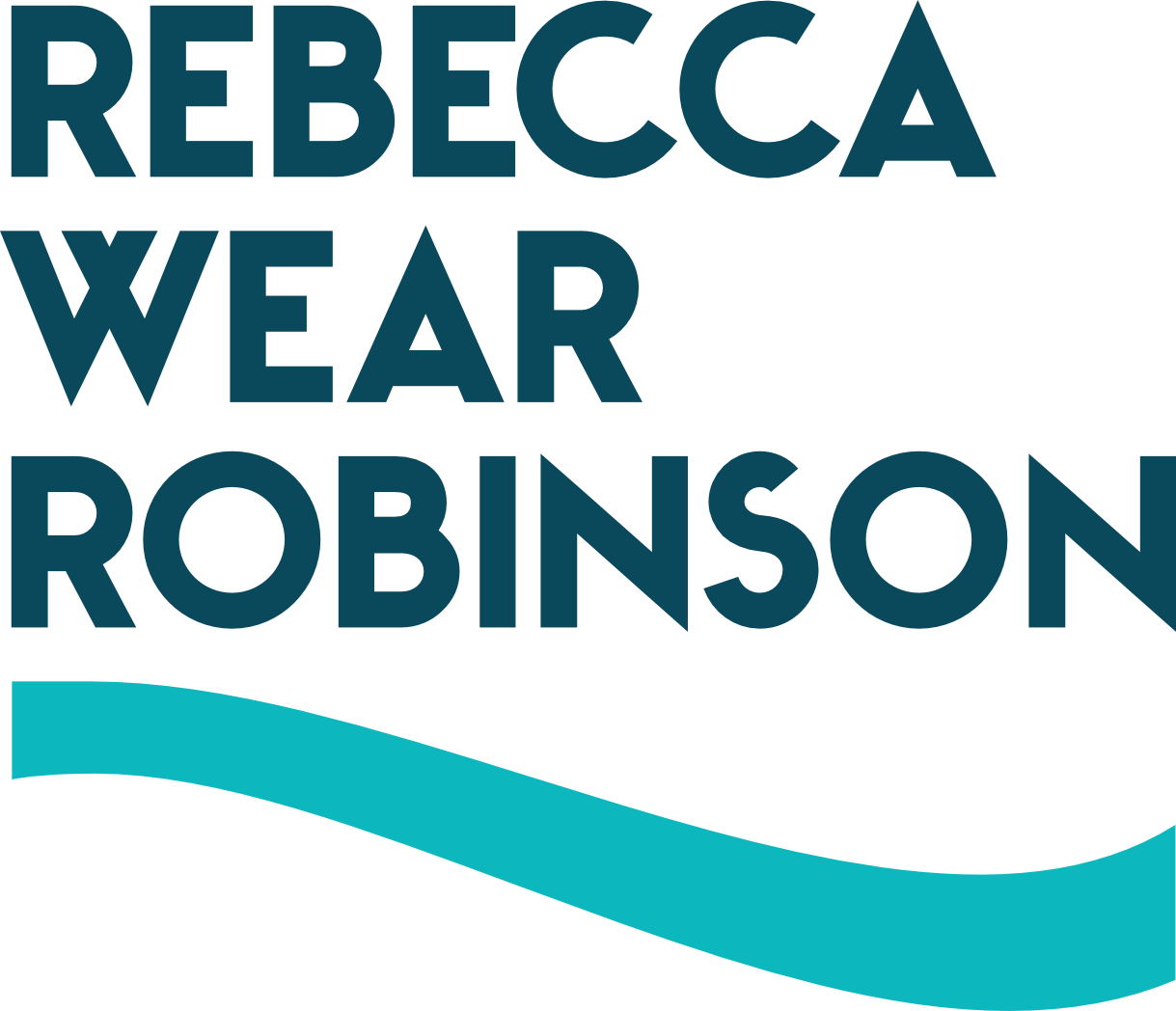Pay to Play
Why do corporations have an outsize influence on our lives?
Some days I wish I were a corporation. All the benefits, none of the responsibilities.
Two news stories collided this week, highlighting the absurdity of the system.
First news story - 55 of the largest corporations in the U.S. paid no federal income tax on more than $40 billion in profits. It gets even better - they received a federal rebate (that would be your tax dollars) of $3 billion, for an effective tax rate of negative 9%, which means you are paying them. At the current corporate tax rate of 21%, that would be $8.4 billion in tax revenue, that instead comes out of individual consumer’s pockets, or just results in reduced services for the individual taxpayer. 26 corporations have paid no income tax since 2017 on $77 million in profits, while receiving rebates of $5 billion, a net loss to the public of $21.17 billion. To put the amounts into perspective, $5 billion is the annual school-lunch market. $5 billion would fully vaccinate 2.2 million children with private insurance from birth to the age of 18. The average cost to maintain one mile of the U.S. Highway System’s 220,000 miles of road is $28,020, or $6.164 billion in total. The $21.17 billion in lost tax revenue would pay for lunches, vaccines, and highway maintenance and we’d still have $5 billion to spend.
Second news story - an interview with the CEO of Coca-Cola, about why they finally spoke out against the recent voter repression laws in Georgia, where Coca-Cola is headquartered.* Positioned to look like responsible corporate citizens, speaking out strongly - 6 days after the law was signed, after some pretty significant public and business pressure. (*BTW - Coca-Cola has been battling the IRS for years over a potential $12 billion tax bill, so they are part of both sides of this story)
Too often, corporations don’t want to damage their profitability by speaking out about social issues, unless it will profit them to speak out about social issues, in which case they are all in. They plead neutrality or a holier-than-thou unwillingness to flex their financial muscles to interfere with society. Problem is, they have no trouble at all flexing their financial muscles to interfere with society when it benefits them.
Corporations want to have their cake, and eat it too.
We keep handing them the fork.
Tax laws don’t write themselves. Environmental regulations don’t write themselves. None of the laws that impact our daily lives write themselves, not when it comes to health care, education, technology, privacy, infrastructure, and utilities. Legislators, heavily influenced by well-paid lobbyists and campaign donors, write the tax laws - shifting the responsible for maintaining the fabric of our society to individuals. When questioned, corporations retreat to defense of shareholder value. Problem is, only 55% of Americans own stock, a percentage that is continuing to drop as the wealth inequality gap grows. During the pandemic, billionaires (major shareholders) increased their fortune by 54%. Meanwhile the ‘average’ American is cutting spending and increasing saving, though 14% of Americans wiped out their emergency savings completely.
While we tend to look at the 2010 Supreme Court case Citizens United v. Federal Election Commission as the tipping point to unrestrained corporate power, but the legal jockeying to give corporations the same rights as people goes back to 1886. It always comes down to power and money, and it’s people hiding behind the corporate veil manipulating the field.
From my perspective, the real problem seems to be an unwillingness to look at human nature, to ignore the potent influence of power and money and to think the beast will exercise self-control. No matter where you are on the political spectrum, it’s easy to turn a blind eye, or encourage the actions you wish to see, without thinking through the longer-term ramifications. We abdicate our responsibility as thinking, responsible citizens to structures kept alive only by annual legal filings, rather than prioritizing humans with a beating heart and oxygen flowing to the brain. The dichotomy was voiced by Senate Minority Leader Mitch McConnell today, in response to the corporate outrage over the Georgia voting laws, “My warning to corporate America is to stay out of politics….I’m not talking about political contributions.”
We can’t have it both ways. Either business works in service to humanity, or humanity works in service to business.
I graduated from the topped rank business school in the world during the ‘greed is good’ era. That, plus an undergraduate degree in finance, indoctrinated me into the beauty of capitalism, of the lovely symmetry of supply and demand - business philosophies which I still support. Support with a caveat, because as I consulted for companies in the real world, I realized that theories become distorted as soon as they encounter human nature. People make decisions based on emotion far more than logic, even if it hurts them. We group people and ideas to make sense of the world, create ‘us vs. them’, succumb to peer pressure and group think.
Humans are complex. I’m not sure if we’ve handed autonomy over to corporations in an effort to simplify the world or if it was a passive abdication of responsibility, the path of least resistance. I do know that the system is working for the few, not the many.
I don’t have any answers today. I wish I did.
I hope that, to start, the next time you hear words like ‘market capitalization’, ‘shareholder value’, and ‘the stock market’, you’ll look beyond the accolades and adoration and think about the power we have all abdicated to the paper tigers that dictate our lives and livelihoods.
I hope you’ll wonder if corporations are really paying their fair share to play.
I hope you’ll start thinking about how a more balanced approach between corporations and real humans might benefit all of us.
I hope you’ll begin to challenge the status quo.

